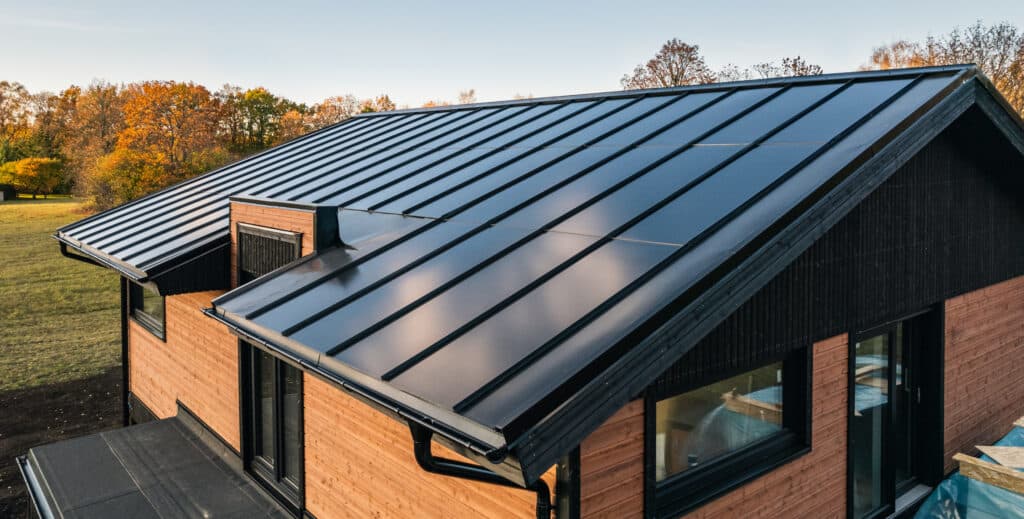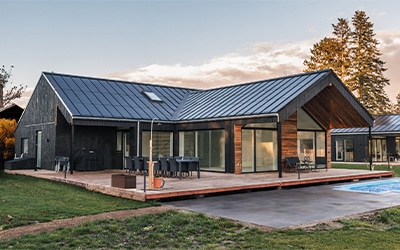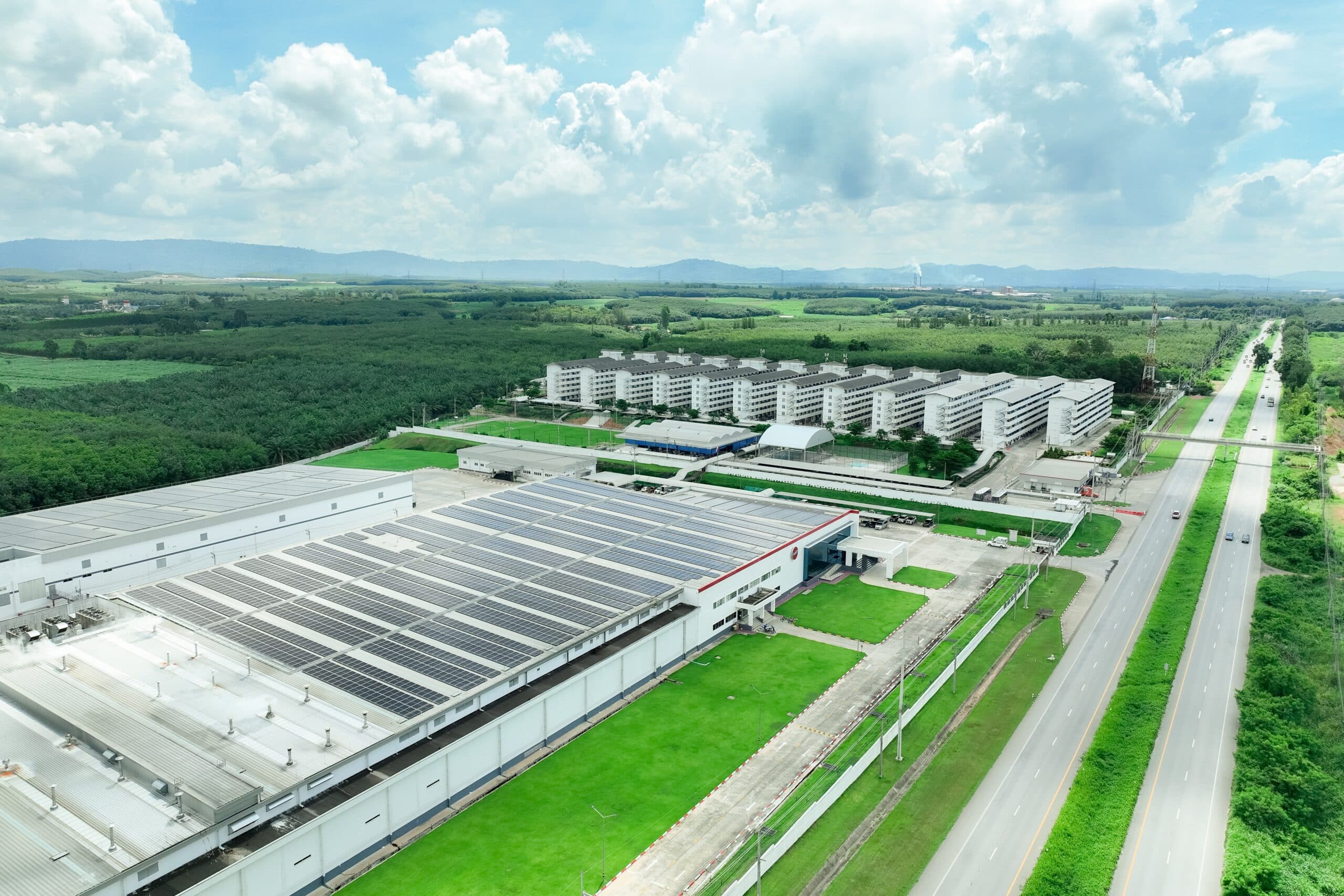Energy efficiency standards are an essential element of the UK government’s strategy to transition to a low-carbon economy and meet its climate targets.
From reducing overall carbon emissions to promoting energy efficiency and clean energy consumption, these laws play a critical role in shaping the country’s energy landscape.
Whether you’re a business owner, homeowner, or simply interested in the energy sector, this article will help you understand energy standards in the UK and how to navigate them.
Minimum Energy Efficiency Standards (MEES)
Under the Minimum Energy Efficiency Standards legislation (MEES), from the 1st of April 2018, any property that has an EPC of lower than an ‘E’ is not able to be rented out to new tenants.
This legislation was put into practice to protect tenants from entering into contracts for properties which don’t meet the minimum requirements for efficiency – protecting their well-being and preventing damage to the environment from over-usage of fossil fuels.
Landlords who do not comply with these regulations can face penalties from the government. If a property which has failed its energy efficiency test is rented out or continues to be rented for three months after failing its test, a fee of up to £50,000 can be issued. This can be raised to a maximum of £150,000 if rented for longer than this.
In 2021, the government announced that it wants to raise the minimum energy efficiency standards for rented buildings to grade C by 2027 and to B by 2030.
New Building Efficiency Regulations (2022 Update)
In 2022, the UK Government announced new building regulations.
The rules ensure that newly constructed residences must reduce carbon emissions by at least 31% starting on June 15, 2022, and all new non-residential structures must cut carbon emissions by at least 27%.
The goal of new building regulations is to safeguard people’s health and welfare whilst working to protect the environment by encouraging the conservation of fuel and electricity.
The Future Homes and Building Standard Project is a plan to reduce further the amount of carbon emissions produced from new builds by 75-80%. The legislation for this plan is set to be released to the public in 2024, and enforced in 2025, replacing the current Building Efficiency Regulations.
What Can You Do To Meet Energy Efficiency Standards?
To meet energy standard requirements, you must ensure your property is energy efficient enough to pass its tests or lower its overall carbon emissions.
In existing properties, this can include things as small as regular boiler checks to ensure that they are working to a high standard and removing devices such as old fridges, which may be using an abnormal amount of energy.
Other small changes such as installing energy-efficient appliances, adding insulation and improving and replacing windows can also help to prevent heat loss, improving overall efficiency.
With new builds, long-term solutions such as solar panels and alternative heat sources can be a great way to cut your carbon emissions and set your new home up for the future.
Solar Roof Tiles & Panels For Improved Energy Efficiency
If you own or rent out a house, one proactive way to tackle energy efficiency is by exploring solar energy options.
With the UK government aiming to raise energy efficiency standards to higher grade demands, it’s important to consider how you can make your property less grid-reliant.
Solar systems such as solar slates, solar panels and solar roof tiles can make your property more energy efficient for years to come. Renewable energy options like these can make your property more energy efficient and lower your carbon footprint.
Airsource Heat Pumps
An air source heat pump (ASHP) can also help you to improve the energy efficiency of your property whilst offering a sustainable heating option.
Air source heat pumps use outside air to generate heat for your home – they’re a fantastic way to reduce the carbon footprint of your property with a simple-to-use device that offers excellent heating capacities.
Explore Sustainable Energy Sources With Smartly
At Smartly, we’re passionate about doing our part to forge a more sustainable future. With government energy efficiency standards set to change for the UK, it’s important to consider what you can do to make your property more sustainable and how you can embrace carbon neutrality at home.
Whether you’re looking for domestic solar panels or tiles, commercial solar systems, air pumps or even electric vehicle chargers, Smartly can help you embrace clean energy today.
Get In Touch With Us
Get in touch with one of our sustainability experts today to learn more about what we offer and how we can help you get your property in line before the next MEES updates. Our helpful advisors will happily discuss improving your property’s energy efficiency.
You can use the live chat function at the bottom of this page to speak to an advisor now or contact us with your specifications to get a detailed response on what we can do for you.



